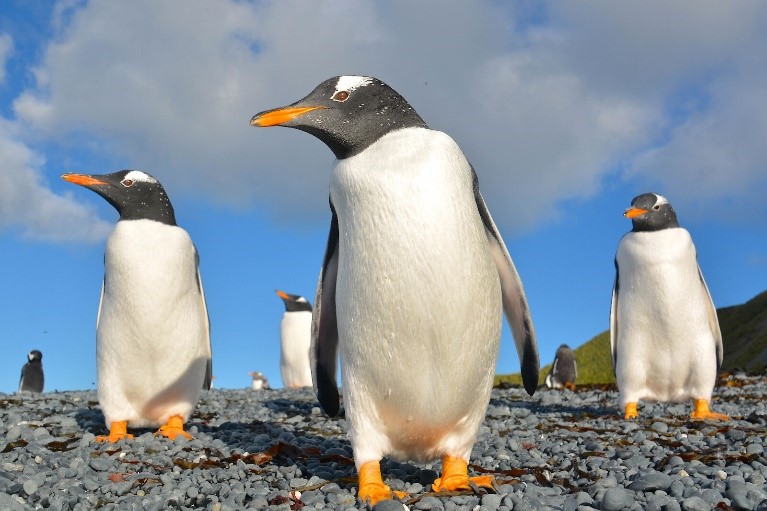Free Courses Sale ends Soon, Get It Now


Free Courses Sale ends Soon, Get It Now



Disclaimer: Copyright infringement not intended.
Context
Gentoo Penguin
Physical Characteristics:
Behavior and Habitat:
Reproduction:
Conservation Status:
Unique Features:
Human Interaction:
Adaptations to the Environment:
Comparison with Other Penguin Species:
Conservation Efforts:
In conclusion, the Gentoo penguin is a fascinating species adapted to the challenging Antarctic environment.
|
PRACTICE QUESTION Consider the following statements regarding the Gentoo Penguin:
Which of the statements above is/are correct? A) 1 only Answer Explanation: The correct answer is: B) 2 only Explanation:
Therefore, only statement 2 is correct, making option B the correct answer. |
© 2024 iasgyan. All right reserved